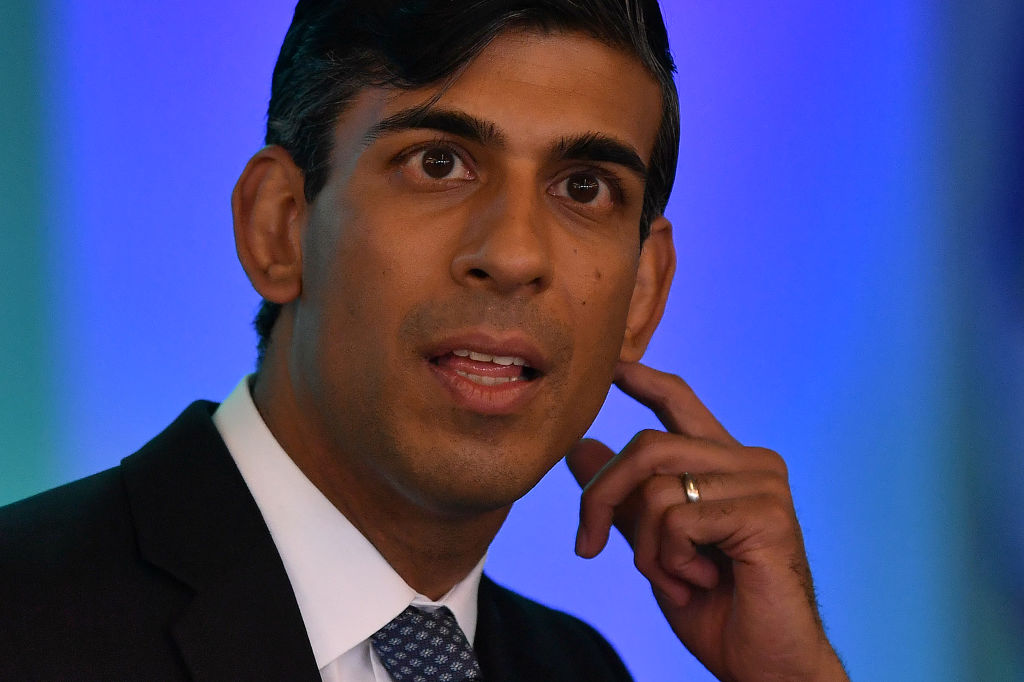It is, by any measure, a heck of a lot of pizza. The ‘Eat Out to Help Out’ scheme turns out to have been a huge success. We learned today that is was used more than a 100 million times in August. In many cities, it was virtually impossible to get a table from Monday to Wednesday. Plenty of restaurants were grateful for the sudden boom in business, and no doubt a few were saved from closure.
There is a problem, however, and it is a significant one. It turns out that we have a Chancellor who struggles to add up, and Treasury officials who don’t know much about basic economics – and that matters. By any measure, Rishi Sunak’s half-price meal deal, launched to persuade us all to get back into the habit of eating out again, has been a hit. Restaurant bookings were up by more than 60 per cent on the days in question. For many, Monday turned into the new Friday. And while some of that may have simply shifted demand from one part of the week to another, there is no question it helped the trade bounce back from lockdown. Given the importance to the economy of the trade, and the huge number of jobs at stake, that counts as a success.
The trouble is, it is also going to cost a lot of money. The Treasury initially estimated the scheme would cost £500 million. But it has already cost £522m, and restaurants have until the end of September to claim all the money back. The final bill? We will have to wait and see, but if we assume most people spent up to the maximum allowed – and why wouldn’t you with Rishi collecting half the tab – it is likely to be closer to £1 billion. In other words, a lot more than forecast.
In itself that doesn’t matter very much. Two or three hundred million is just a drop in the ocean of government spending this year. We have taken on so much debt and the deficit is so huge, it is little more than a rounding error and the Bank of England can always print some more money to pay for it. But it is part of a bigger issue.
The furlough scheme also ended up costing a lot more than first expected. Initial estimates of £10 billion were way too low given how many employers ended up using it. So might many of the other bailout schemes the Chancellor has put in place. It is not hard to see what is going on. Sunak and his Treasury officials seem to have forgotten some basic rules of economics. Such as? Well, people like free stuff (or half price meals, come to think of it). Subsidies are hard to reverse once they are put in place. And people prefer not to work if they can get away with it. That is worrying. True, we have been through an extraordinary crisis, that demanded an extraordinary response. But there is no excuse for failing to accurately forecast the cost of each rescue measure. Free pizza doesn’t matter that much. But a Chancellor who can’t add up is more serious.






Comments